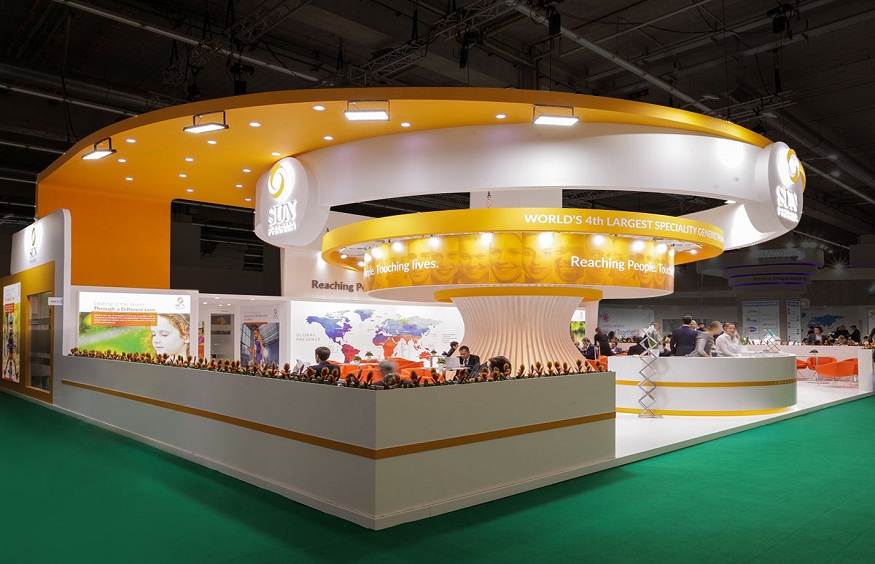3 Best Practices For Exhibition Design You Need To Know

Exhibition stands are meant to drive engagement and capture your audience’s attention. Without creativity and practicality, designing such a stand can be difficult. The good news is that there are numerous best practices that if adhered to will give you a stand that creates the best impression on your visitors’ minds. This article discusses three best practices that can help you create a standout experience at your next event.
1. Prioritize Visitor Experience
When thinking about an exhibition stand design and build, your visitors’ experience should be at the forefront of your planning. Think of your stand as a small, immersive environment where attendees can interact with your brand in meaningful ways. Consider how visitors will flow through the space, what they will see first, and how they will engage with different elements of your display.
To create an engaging visitor experience, determine the key messages you want to communicate and then design your stand to reinforce those messages at every touchpoint. For example, if your goal is to showcase a new product, ensure that the product is prominently displayed and easy to access. Interactive elements, such as touch screens or product demonstrations, can also enhance the visitor experience by allowing attendees to engage with your offerings in a hands-on manner. The layout of your stand should be intuitive, guiding visitors naturally from one area to the next without causing confusion or bottlenecks.
2. Focus on Strong Visual Branding
Your exhibition stand is a direct reflection of your brand, so it’s essential that your visual branding is consistent, strong, and instantly recognizable. Your goal should be to create a cohesive look and feel that reinforces your brand identity and makes a lasting impression on visitors.
Ensure that your brand’s colors, logo, and typography are prominently featured throughout your stand. These elements should be integrated into every aspect of your design, from the backdrop and signage to the furniture and promotional materials. Consistency is key in exhibition management. If visitors can easily identify your brand from across the exhibition hall, they are more likely to remember you and seek you out.
3. Incorporate Interactive Elements
Interactivity is a powerful tool for engaging visitors and creating memorable experiences. Interactive elements can attract attention and encourage visitors to spend more time at your stand, increasing the likelihood of meaningful interactions and connections.
Technology can help you incorporate interactivity into your exhibition stand. Touch screens, virtual reality (VR) experiences, and augmented reality (AR) displays are all popular options that can draw visitors in and keep them engaged. For example, a touch screen could allow visitors to explore your product range in more detail, while a VR experience could immerse them in a simulated environment related to your brand.
However, interactivity doesn’t always have to involve high-tech solutions. Simple, hands-on demonstrations, games, or contests can be just as effective at engaging visitors. For instance, you could offer a product demonstration where visitors can try out your product for themselves, or you could host a game that ties into your brand message and offers a prize to participants.
The Bottom Line
Successful exhibition design requires a careful balance of creativity, branding, interactivity, and practicality. With these best practices, you’ll be well on your way to designing an exhibition stand that aces the competition.







